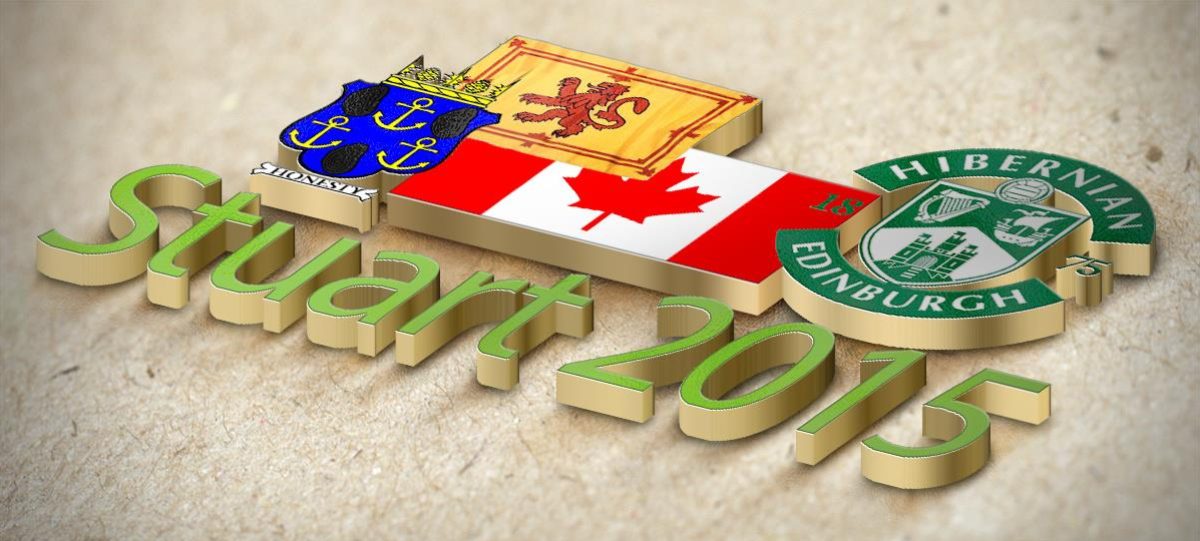In general terms, it is good for a recovering gambler to be as busy and occupied as is reasonably possible. This is not necessarily a lifetime strategy but certainly a most important contributor to overcoming the addiction in earlier days of abstinence. To plan activities, tasks, work and pastimes as regularly as possible is the gambler’s friend and this concentration on activity can assist in preventing gambling urges and cravings forming. What can the gambler do however, to deal with them if and when they arrive?
(Image: Rasto Belan)
It has been an observation of mine from clients that the beginnings of gambling thoughts and urges are most often of a positive nature. Thoughts about opportunity and winning, coupled with additional thoughts about ways of spending those winnings characterise their first notion when the subject of gambling first pops into the head. One might say that without this feeling of positivity, the urges to gamble might be quite ineffectual and short-lived, for obvious reasons. These thoughts contain little balance or cost benefit thinking so an initial task might, after recognising and acknowledging the thoughts, be to challenge them. A train of thought might develop thus: ‘I have time and opportunity to gamble, money to do it with and that football match/horse race has very attractive odds. I could easily make money on them. With those winnings I could buy this or I could pay off that…’. At this point a challenge is required, ‘But what happened the last time I gambled? I lost money I couldn’t afford to lose and left myself short of funds all month. I felt depressed and anxious. I couldn’t talk to my partner and it affected our relationship’. Just an example and like many strategies practicing it makes it more effective.
Another main area I like to concentrate on is that of mental exercises to distract the gambler from gambling thoughts. Again, the initial acknowledgement and recognition that one is having those gambling thoughts is necessary and we can then turn to the distraction techniques. The central principle is that if there are thoughts about gambling in someone’s head then the most beneficial thing that can happen is simply to remove those thoughts as we cannot concentrate on two trains of thought simultaneously. Counting exercises are popular and effective, often the more menial the better. In my office I venture the idea of counting the many leaves on a pot plant, or looking through the window at a nearby building and counting windows, roof tiles or any other feature. It sounds unlikely but it is effective. Concentrate hard enough on the exercise and at this point those gambling thoughts will be extinct, they will not exist We have already established that for most gamblers, the urges are not long-lasting – possibly minutes typically – and so (thankfully!) these exercises need not last long at all until the gambling urges pass. A footnote might be that occasionally, gamblers believe their gambling urges last much longer that the minutes we talk of here. I would posit that much more likely is the fact that for those people, shorter urges are returning over and over again during the day – much like the waves described earlier
Of course, there are many other distraction strategies to choose from but an important factor in whatever one chooses is to have the strategy pre-planned and ready for any urges and cravings coming along. Know these environment, recognise where and when they most often happen and plan accordingly. I also like the idea of simply talking to others, be that face-to-face or over the telephone as conversations can be quickly engrossing. Other strategies people have mentioned to me include, taking a cycle ride, walking the dog, playing with their children and generally participating in hobbies and pastimes. I quite like to hear of physical activities that are in complete contrast to the gambling activity. All of these can assist a gambler in dealing effectively with gambling urges and cravings.




